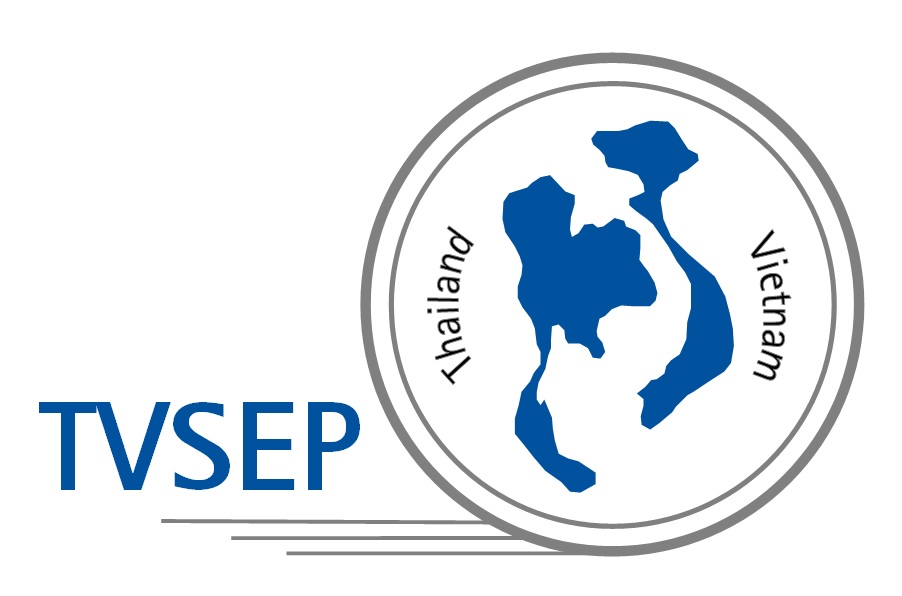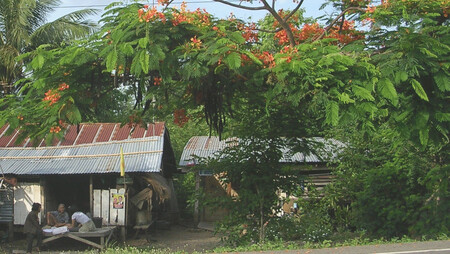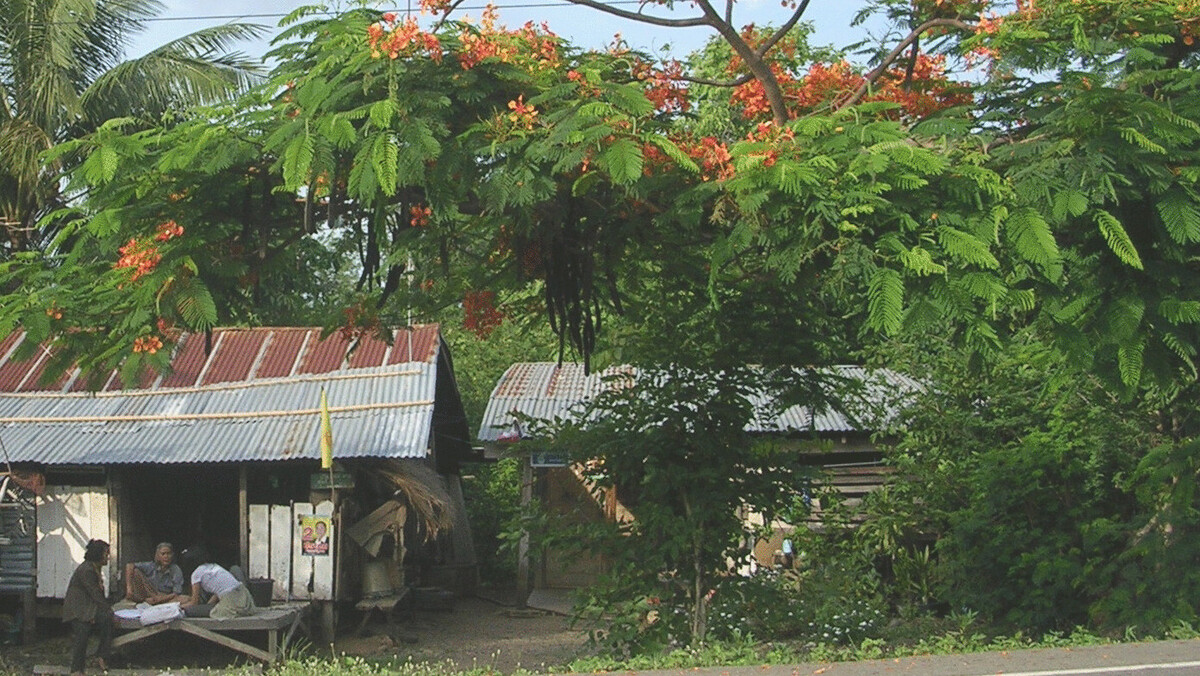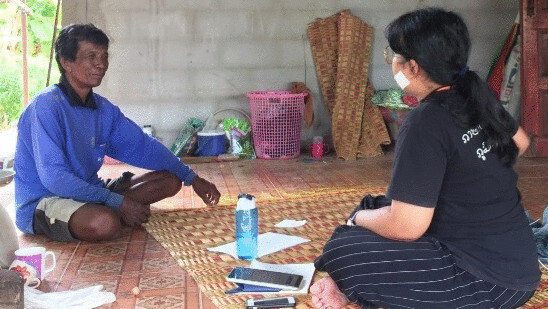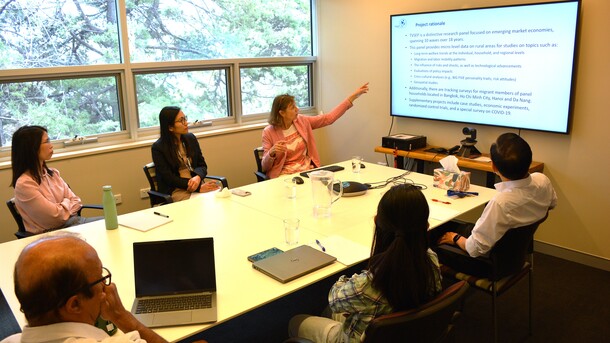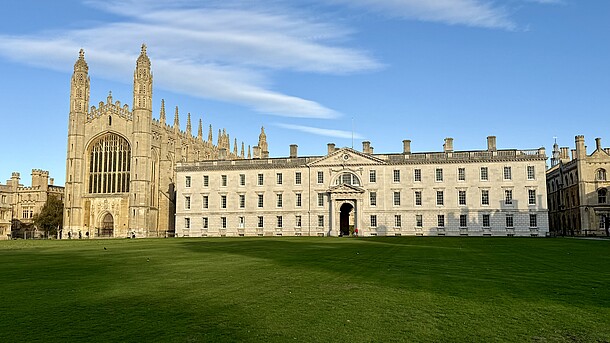The Thailand Vietnam Socio Economic Panel (TVSEP) is a comprehensive primary, open access dataset of almost 4,400 rural households in 440 villages, collected over up to 9 panel waves from 2007 to 2024 in Thailand and Vietnam. Next to the household surveys, interviews with village heads and migrant tracking surveys were carried out several times over the 17 years as well as a special COVID-19 survey in 2021/22 and eight add-on projects.
TVSEP aims to promote research on topics such as long-term welfare dynamics, rural-urban and urban-rural migration, agricultural transformation, intergenerational aspects of households, and the long-term impacts of shocks in rapidly transforming rural Thailand and Vietnam. The data is made accessible to the international research community free of charge.
